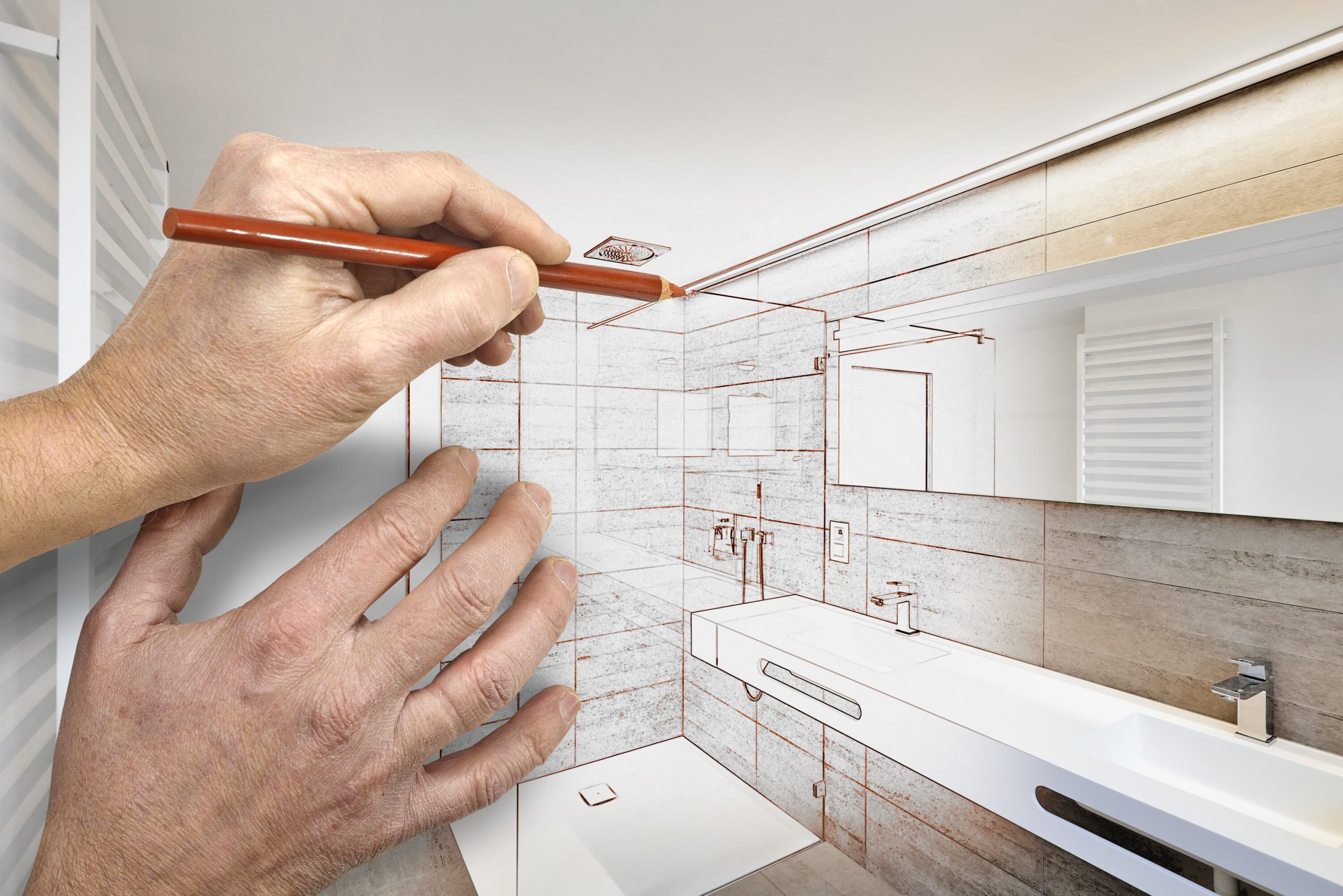Cracked Heat Exchanger Information
A cracked heat exchanger is an expensive and potentially dangerous problem that often leads to replacing the entire heating unit. While normal wear and tear will eventually lead to cracks in your heat exchanger, there are other causes of cracks that can be prevented with regular maintenance.
When your furnace turns on, the metal of the heat exchanger heats up, causing it to expand. When your furnace turns off, the metal cools and contracts. This regular cycle of expanding and contracting causes strain that over time will eventually lead to cracking. There’s no way to prevent this normal wear and tear; however, with proper maintenance heat exchangers can last up to twenty years before cracks appear.
Unfortunately, heat exchangers often develop cracks long before their twenty-year lifespan is reached. One of the most common preventable causes of cracked heat exchangers is restricted airflow. When not enough air moves through the system, the metal gets hotter and hotter, leading to further expansion and greater strain. A common culprit behind restricted airflow is dirty air intake filters. Simply replacing your filters regularly can significantly extend the life of your heat exchanger.
Burners that burn too hot or that don’t fire properly and run for too long can also lead to stress from overheating. Annual preventive maintenance by a licensed HVAC technician can help to ensure that your burners are working correctly and efficiently.
Finally, condensation inside the heat exchanger can lead to rust, which will eventually lead to cracks. Furnaces that sit unused for a long period of time are particularly likely to develop rust. However, rusting can also occur if the furnace cycles on and off too frequently. Each time the furnace starts, the combustion of the gas produces water vapor that collects on the heat exchanger. Normally the furnace runs long enough to evaporate that water, but if it only runs for a short time before cutting off, it may not be enough to dry the inside of the heat exchanger. Again, the best prevention for this issue is regular maintenance by a trained technician who can check for rust as well as making sure that the system isn’t cycling too quickly.
No heat exchanger will last forever, but annual preventive maintenance and regularly changing your air filters can make a significant difference in the lifespan of your HVAC unit. And that can make a significant difference for your wallet, too!


